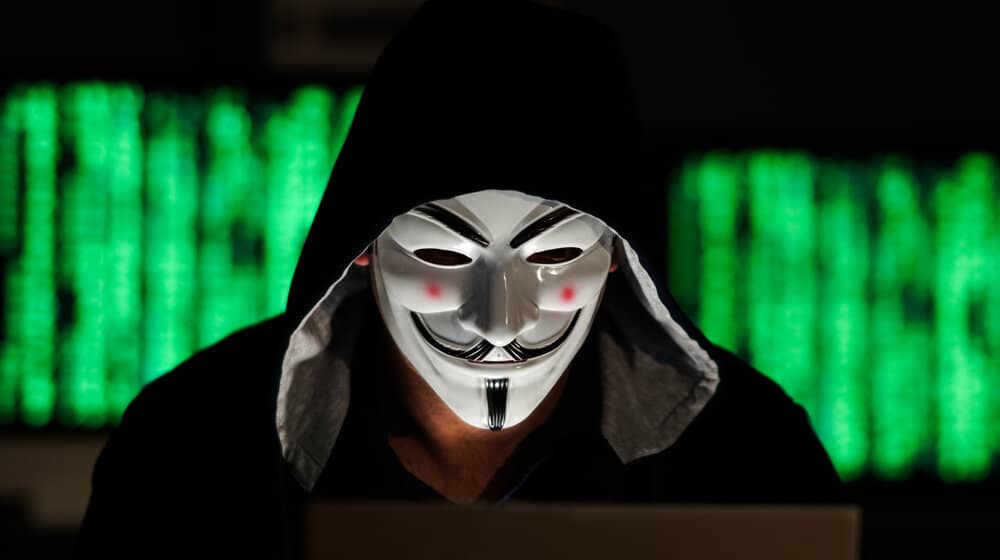Unbelievable: Man Found Not Criminally Responsible for Leaking Nuclear Secrets

Imagine livestreaming a shocking 22-minute video revealing vulnerabilities of nuclear power plants, only to be found not criminally responsible for what many would call an act of treason. This bizarre twist of fate involves a 38-year-old man from Ontario, James Alexander Mousaly, who sparked outrage after disclosing sensitive information that could have endangered countless lives.
Mousaly, a former employee of Ontario Power Generation, was charged under Canada’s rarely-used state secrets law after he broadcasted a livestream filled with dangerous revelations about nuclear safety on January 30, 2024. The judge overseeing the case, Ontario Superior Court Justice Jill Cameron, ruled that he was suffering from bipolar disorder and psychosis at the time, which led to his delusional beliefs, including that he was a prophet and a whistleblower for workplace safety.
The livestream, which was swiftly taken down by family members, barely lasted a day online. However, experts confirmed that it contained information about at least one vulnerability of a Canadian nuclear power plant, classified as secret. Ontario Power Generation was understandably alarmed, stating that the information could have allowed someone to optimize an attack on their facilities, not just in Canada, but potentially abroad.
During the distressing livestream, Mousaly made alarming statements, offering help to “any terrorist or any non-terrorist organization” wishing to destroy nuclear power stations. He even declared, “F--k the whole nuclear industry,” expressing his disdain for nuclear energy and calling it “f--king hopeless.” Such incendiary rhetoric raised serious concerns regarding public safety.
Despite the severity of his actions, Mousaly’s defense attorney argued that he never intended to cause actual harm. Instead, he believed he was acting to protect people by advocating for the shutdown of nuclear power sources. The court heard Mousaly’s family describe him as a hardworking and caring individual, providing a stark contrast to his online persona during the livestream.
Due to his mental health issues, the judge ordered Mousaly to be held in custody until he can be transferred to a specialized mental health facility for treatment. A mental health review board will now oversee his case, determining the duration and nature of his detention.
This case has stirred significant public interest, particularly given that it represents one of the very few instances where charges under the Security of Information Act have reached a court conclusion. As uncertainty looms over the implications of his actions, it raises a crucial question: How do we balance mental health considerations with national security?


















